Your First Visit
We aim to provide you with all the information you need to make an informed decision about your health.
Booking Your First Visit
Our doctors consults at a number of locations. To book an initial consultation please either
- Phone our rooms at 1800 031 499, or
- Book an appointment
Urgent Appointments
Advise the staff if the matter is urgent and we will endeavour to arrange an expedited appointment.
Plan With Notes
It’s easy to forget all the questions you wish to discuss once in front of the doctor. We recommend you prepare a list of questions you want to discuss.
Referral Information
Anyone can make an appointment to see Dr Jason Maani.
Valid Referral
With a valid specialist referral, you will receive a Medicare rebate The referral must be current and come from general practitioner or another specialist.
No Valid Referra l
Without a valid referral, you will not obtain your Medicare rebate and be required to pay the full consulting fee.
You can make an appointment and then arrange for your general practitioner to fax through a referral prior to your appointment date.
First Visit FAQs for Gallbladder Patients
If you have a specific question about your treatment, we recommend contacting the clinic.
Q1: What is the gallbladder and what does it do?
A: The gallbladder is a small, pear-shaped organ located beneath the liver. Its primary function is to store and release bile, a digestive fluid produced by the liver that helps digest fats.
Q2: What are gallstones and why do they form?
A: Gallstones are hard particles that can develop in the gallbladder. They might form when there's an imbalance in the substances that create bile, leading to solidified particles. Factors like genetics, diet, weight, and certain conditions can increase the risk of developing gallstones.
Q3: How do I know if I need gallbladder surgery?
A: Symptoms such as severe abdominal pain, jaundice (yellowing of the skin and eyes), persistent vomiting, or complications from gallstones might necessitate surgery. A consultation with a gallbladder surgeon can determine the best course of action based on your condition.
Q4: What is laparoscopic gallbladder surgery?
A: Laparoscopic gallbladder surgery, or cholecystectomy, is a minimally invasive procedure to remove the gallbladder. It involves making small incisions in the abdomen, resulting in less pain, shorter hospital stays, and quicker recovery compared to traditional surgery.
Q5: What is the recovery process like after gallbladder removal?
A: Most patients can go home the same day or the day after laparoscopic surgery. You might experience some discomfort, but this typically subsides in a few days. A full recovery usually takes about one to two weeks, though it can vary based on the individual.
Q6: Can I live normally without a gallbladder?
A: Yes, you can! The liver will continue to produce bile to digest fats. However, without the gallbladder acting as a reservoir, bile will drip continuously into the intestines. Some dietary modifications might be needed, but most people don't notice significant changes.
Q7: What dietary changes should I consider after gallbladder removal?
A: It's often recommended to start with a low-fat diet immediately after surgery and gradually reintroduce fats to allow your body to adjust. Avoiding spicy foods, caffeine, and dairy for a short period can also help. A consultation with a dietitian can provide personalized guidance.
Q8: Are there risks associated with gallbladder surgery?
A: As with any surgery, there are risks. Potential complications include infection, bleeding, bile leakage, and injury to nearby structures. However, gallbladder surgery is generally considered safe, and complications are rare.






